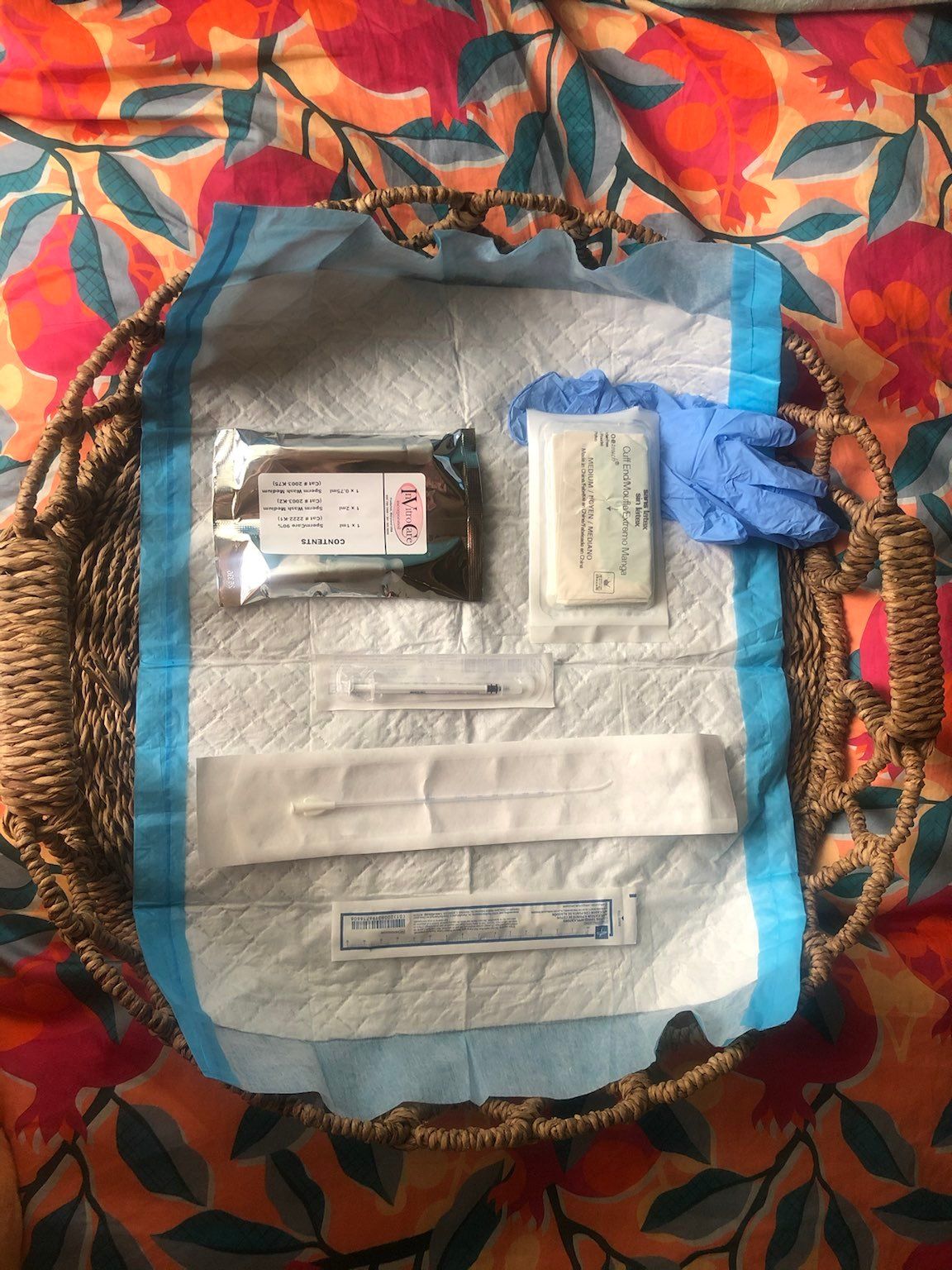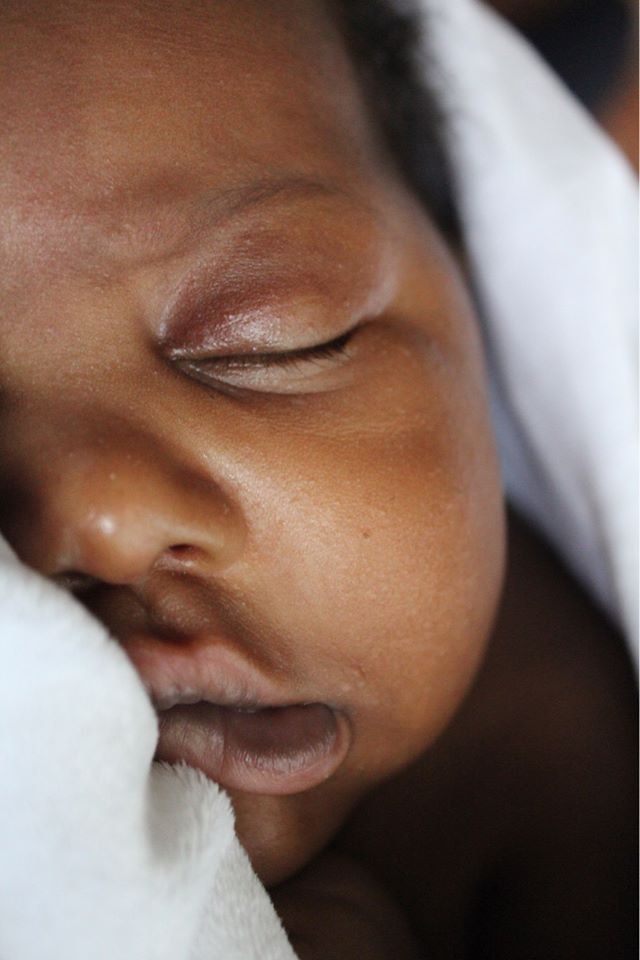Insemination
Getting Started
Some folks are already very familiar with the process of assisted conception when we meet. If that’s you, we’ll jump right in with a Fertility Consultation to review your charts and discuss timing. Then we can schedule insemination whenever you’re ready. For others, assisted conception can feel confusing, opaque or downright overwhelming. If that’s where you’re at, we’ll start with a Planning Family Session. I’ll lay out all the options and explain each step. I’ll also pose some questions for you to consider and offer relevant resources. We’ll create a roadmap to demystify the process and get you what you need to move forward.

How does it work?
I highly recommend beginning fertility consulation at least three months before you plan to start trying. Once you feel ready, we closely observe your fertile signs and perform the insemination when you’re most likely to be ovulating. There are two different types of insemination: Intrauterine Insemination (IUI) and Intracervical Insemination (ICI).
Intrauterine Insemination is the best choice for people using cryopreserved sperm from a bank. It involves placing the sperm directly in the uterus by passing a very narrow catheter through the cervix. IUI is performed at home or in an office by a midwife, or in a fertility clinic by a nurse or physician.
Intracervical Insemination on the other hand, has the best chance of success with fresh sperm. Fresh sperm is only available to folks who have a known donor. ICI involves placing the sperm in the vagina and can usually be accomplished by the person or couple themselves, with a little guidance from me if necessary.
During our preconception counseling sessions, we’ll discuss your donor choice and determine which method is right for you. I’ll walk you through the procedure ahead of time so you know exactly what to expect.

Who is it for?
Many queer folks and single parents are great candidates for home insemination. As are folks who are conceiving with donor sperm due to subfertility or infertility impacting their sperm-producing partner. People who have a uterus and are affected by mild subfertility, may benefit from IUI and can absolutely benefit from Preconception Counseling. For partners who have a lower sperm count, we can perform a procedure called "sperm washing" and then do an IUI with that sample. This can significantly increase the chances of conception.
As a midwife, it’s not in my scope of practice to write prescriptions so for people who need fertility medications, a fertility clinic is the way to go. In cases of more serious subfertility IVF is usually the most effective method. IVF is an advanced form of reproductive technology performed by a reproductive endocrinologist.

How Effective is it?
The Sperm Bank of California, reports that it’s recipients have a 20.5% success rate per IUI cycle, and 80% of their recipients are pregnant by the 7th cycle. This rate is equivalent to that of intercourse involving an egg and sperm in fertile people. Most fertility clinics who treat patients for subfertility report an IUI success rate between 5-15% per cycle depending on the person’s subfertility diagnosis and whether or not their cycle is stimulated with medication.
ICI with fresh sperm most likely has close to the same success rate as intercourse involving an egg and sperm (around 20%). ICI with frozen sperm however only has an 8% success rate.

Pricing & Availability
IUI Fee: $325 Sperm wash (if needed): $150